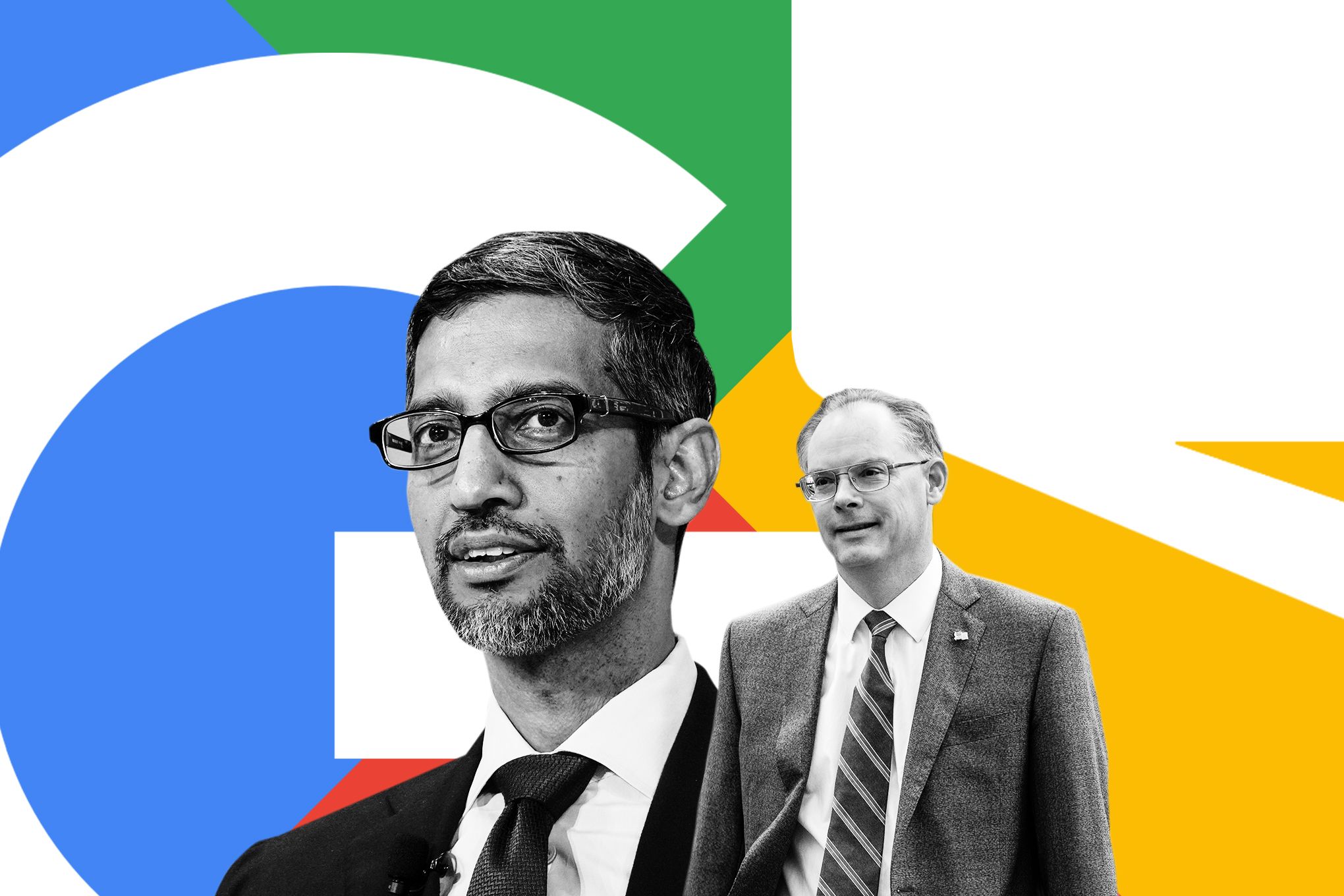The Ninth Circuit Court of Appeals just delivered a devastating blow to Google, completely denying its petition to rehear the Epic v. Google case and activating a permanent injunction that gives the tech giant just 30 days to crack open its Android app store. This isn't just another legal setback - it's a ticking time bomb that could reshape the entire mobile ecosystem by October.
The clock is now officially ticking on one of the most consequential antitrust cases in tech history. Google woke up Friday to news that not a single judge on the Ninth Circuit Court of Appeals wanted to give the company another shot at overturning its Epic Games defeat. The court's unanimous denial of Google's "en banc" petition means the search giant has exactly 30 days to begin dismantling the walled garden that's generated billions in revenue from Android users.
The immediate fallout is already sending shockwaves through Silicon Valley. Epic Games CEO Tim Sweeney wasted no time declaring victory, tweeting that "Google Play has 30 days to free ALL DEVELOPERS to offer competing payments in the USA." But this celebration comes with a warning shot - Sweeney made it clear there's "no room for malicious compliance this time," referencing how Apple has been accused of finding creative ways around similar court orders.
The legal timeline that got us here reads like a David-and-Goliath saga that's been years in the making. Epic's initial lawsuit challenging Google's Play Store monopoly culminated in a unanimous jury verdict in December 2023 that found Google's app store and payment systems had become illegal monopolies. When the Ninth Circuit upheld that verdict on July 31st, Google scrambled to buy time by requesting the full court review that was just denied.
What Google must actually implement by October reads like a complete overhaul of its business model. According to Judge Donato's permanent injunction, the company can no longer force developers to use Google Play Billing, must allow alternative payment methods, and has to let developers link to external app downloads. Perhaps most dramatically, Google is banned from sharing revenue with phone makers, carriers, and app developers in exchange for Play Store exclusivity.
The financial implications are staggering when you consider that Google's "Other" revenue category, which includes Play Store fees, generated over $8 billion in the most recent quarter. Industry analysts estimate that Google's typical 30% commission on app purchases and in-app transactions could be severely undermined as developers gain the freedom to direct users to cheaper payment alternatives.












